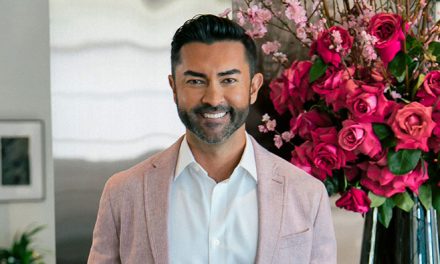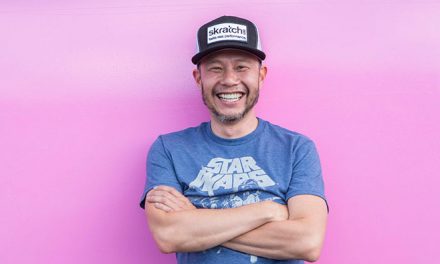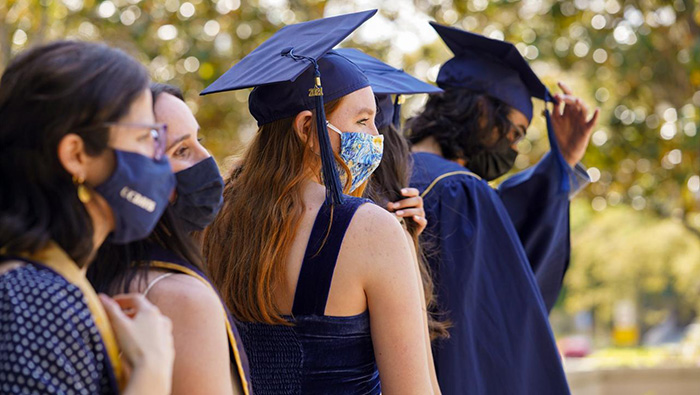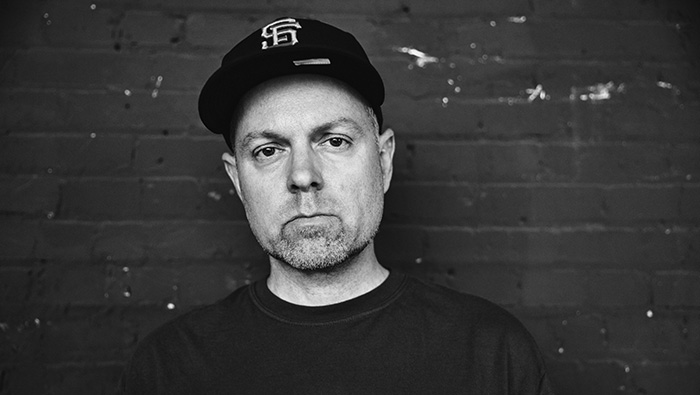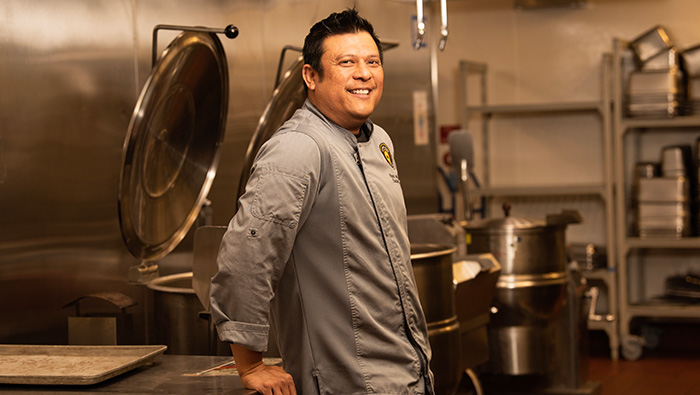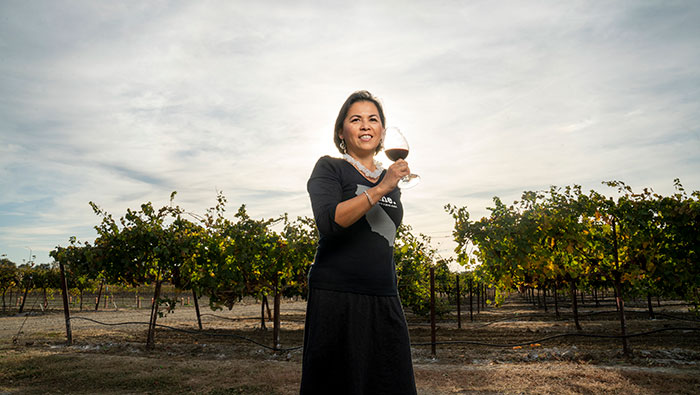
Match Game
Christy Serrato’s newest business venture came to her quite spontaneously. While advising other would-be entrepreneurs, she came up with her own idea. “I love food; I love wine. So I [asked], how can we help people pair wine with food?” said Serrato ’88.
Just like that, PairAnything was born.
PairAnything, a mobile app used by wineries, provides wine suggestions to be paired with any dish. PairAnything, still a pilot program, aims to create personalized wine suggestions based on the consumers’ stated palettes and connect them to wines from local wineries. The app has a recommendation engine, offering better suggestions the more the app is used.
Serrato said she hopes to connect with a new, younger set of potential wine consumers. “There’s a disconnect between this younger generation and the wine industry,” she said. “They’re missing out on wine. Wine can connect you to the wider world, a way to connect with people.”
After graduating with a degree in economics, Serrato moved to the Bay Area to work in banking and eventually transitioned into IT security. She returned to Davis in 2017 and became program director of the Sacramento Entrepreneurship Academy, an organization that supports entrepreneurial-minded students from the Sacramento area. So when a student asked how she would pitch an idea, Serrato decided to take her own advice and create a prototype for a wine pairing app.
PairAnything is currently a team of 10 — including four Aggies, two of whom are M.B.A. candidates. “There’s something about the foundation that we got from UC Davis,” said Serrato. “We know how to relate to one another and the caliber of the individual speaks to that.”
After a year of research, Serrato and her team entered the 2019 Big Bang! Business Competition, an annual event hosted by the UC Davis Mike and Renee Child Institute for Innovation and Entrepreneurship to develop and test business plans. PairAnything won the Food and Agriculture Sector Award. “It became more and more real,” said Serrato. “We were receiving continuous validation and were able to articulate the problem and the solution.”


